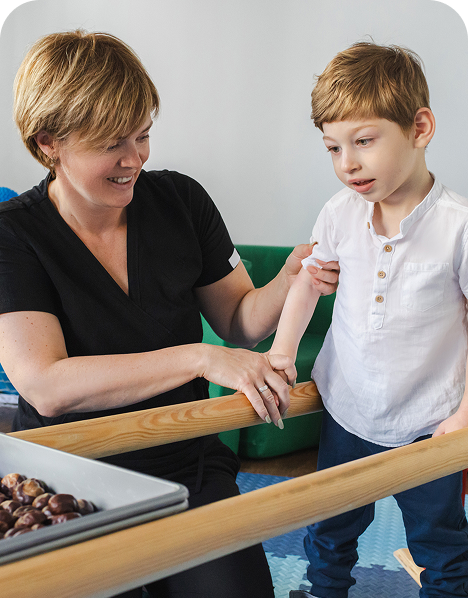


Encourage Movement and Strength With Physiotherapy in Perth
Paediatric physiotherapy in Perth helps children build strength, balance, and confidence through guided, play-based movement. Sessions at Perth CDC are tailored to support each child’s stage of physical development.

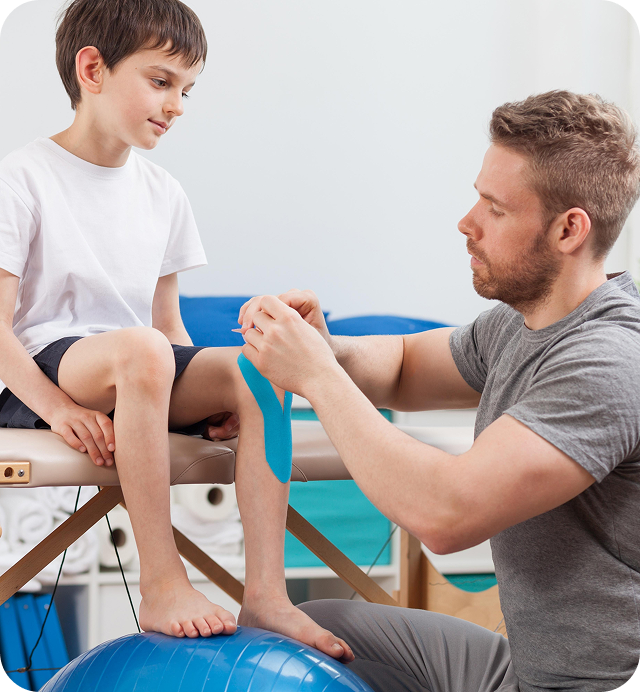

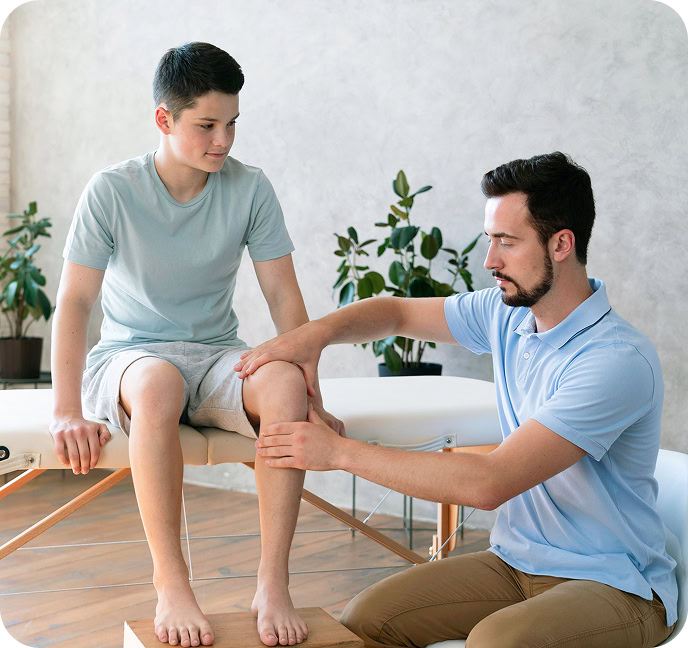
How Paediatric Physiotherapy Promotes Active, Independent Play
Paediatric physiotherapy encourages movement by helping children build the strength, coordination, and motor skills needed for everyday play. Through engaging, age-appropriate activities, children learn to balance, climb, jump, and navigate their environment more independently. Sessions are tailored to each child’s developmental level. This supports physical growth and encourages participation and enjoyment during active play at home, in school, and in the community.
Candidate
Children Who May Benefit From Physiotherapy Support
Some children may benefit from additional support to develop physical strength, balance, or confidence in their movement. Paediatric physiotherapy supports those who experience challenges with posture, coordination, or physical development. The signs below may suggest a child could benefit from physiotherapy to feel more comfortable and capable during everyday activities.
- Some children reach milestones, such as crawling or walking, later than expected. Physiotherapy can help promote age-appropriate movement and guide safe physical development over time.
- Frequent trips, falls, or clumsy movements during play may suggest coordination challenges. Targeted physiotherapy helps children move more smoothly and feel confident while playing.
- Muscle tone differences can affect posture, strength, or mobility. Physiotherapy helps children improve endurance and comfort during everyday movement at home, school, or outdoors.


Benefits
Ways Physiotherapy Helps Build Mobility and Strength
Paediatric physiotherapy can support children who need help building strength, stability, or smoother movement. It encourages progress through activities that match the child’s needs and abilities. The benefits below highlight how physiotherapy may improve a child’s mobility, posture, and participation in everyday physical activities over time.
- Strength-focused exercises target large muscle groups. These help children sit upright, climb stairs, or maintain stability during everyday activities and physical play.
- Balance and coordination tasks promote safe, steady movement and help children feel more stable when walking, running, or navigating uneven surfaces indoors and outdoors.
- Play-based movement builds confidence and body awareness. Children become more independent when completing physical tasks, such as dressing, lifting toys, or stepping into a car.
Book a Physiotherapy Consultation With Our Friendly Team
Contact Perth CDC to book a paediatric physiotherapy consultation. Our friendly team aims to improve children’s movement, strength, and confidence through tailored, play-based care.





Why Families Choose Our Physiotherapy Services
Movement affects so much more than muscles—it shapes how children explore, play, and participate in everyday life. Our physiotherapy team helps build strength, balance, and confidence.
Encouraging Movement in a Way That Feels Fun
We use play-based techniques that feel more like games than exercises. From obstacle courses to animal walks, each activity is designed to be engaging and purposeful. Children don’t just build strength. They enjoy the process and develop a positive attitude towards movement. This playful approach helps reduce anxiety surrounding physical tasks and encourages participation, allowing families to support physical development with joy rather than pressure.
Helping Children Reach Their Everyday Movement Goals
Our physiotherapists focus on what matters most to your child, whether that’s learning to crawl, walk, climb, or keep up with their peers on the playground. We break big goals into manageable steps, offering support that’s tailored, encouraging, and realistic. Therapy plans are built around the everyday activities your child enjoys and the challenges they face, so every win feels meaningful and directly supports their independence.
Guidance That Extends Beyond The Therapy Room
Therapy doesn’t stop when your session ends. We provide families with practical, everyday strategies to support their child’s physical development at home, at school, and in play. Whether it’s posture tips, daily stretches, or ways to incorporate movement into your routine, we focus on achievable steps. Our team also collaborates with educators and other professionals when needed, so your child’s care is consistent and well-supported.
Tailored Support for a Wide Range of Needs
From delayed milestones to physical challenges related to medical or developmental conditions, our physiotherapists are experienced in supporting children across a wide range of needs. We conduct thoughtful assessments and adapt therapy to your child’s unique abilities, strengths, and comfort level. If additional support is needed, we coordinate closely with in-house clinicians so your family receives cohesive care in one familiar place.
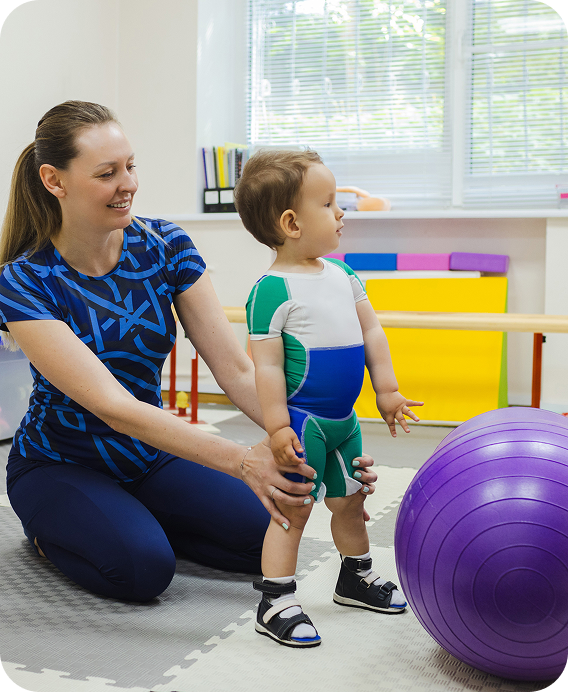



Get to Know the Dedicated Professionals Behind Your Child’s Care

PAEDIATRICIAN | MBBS, MD, FRACP
Dr. Feng brings experience as a consultant paediatrician with a focus on developmental and general medical concerns. Her approach is calm, attentive, and family-focused.
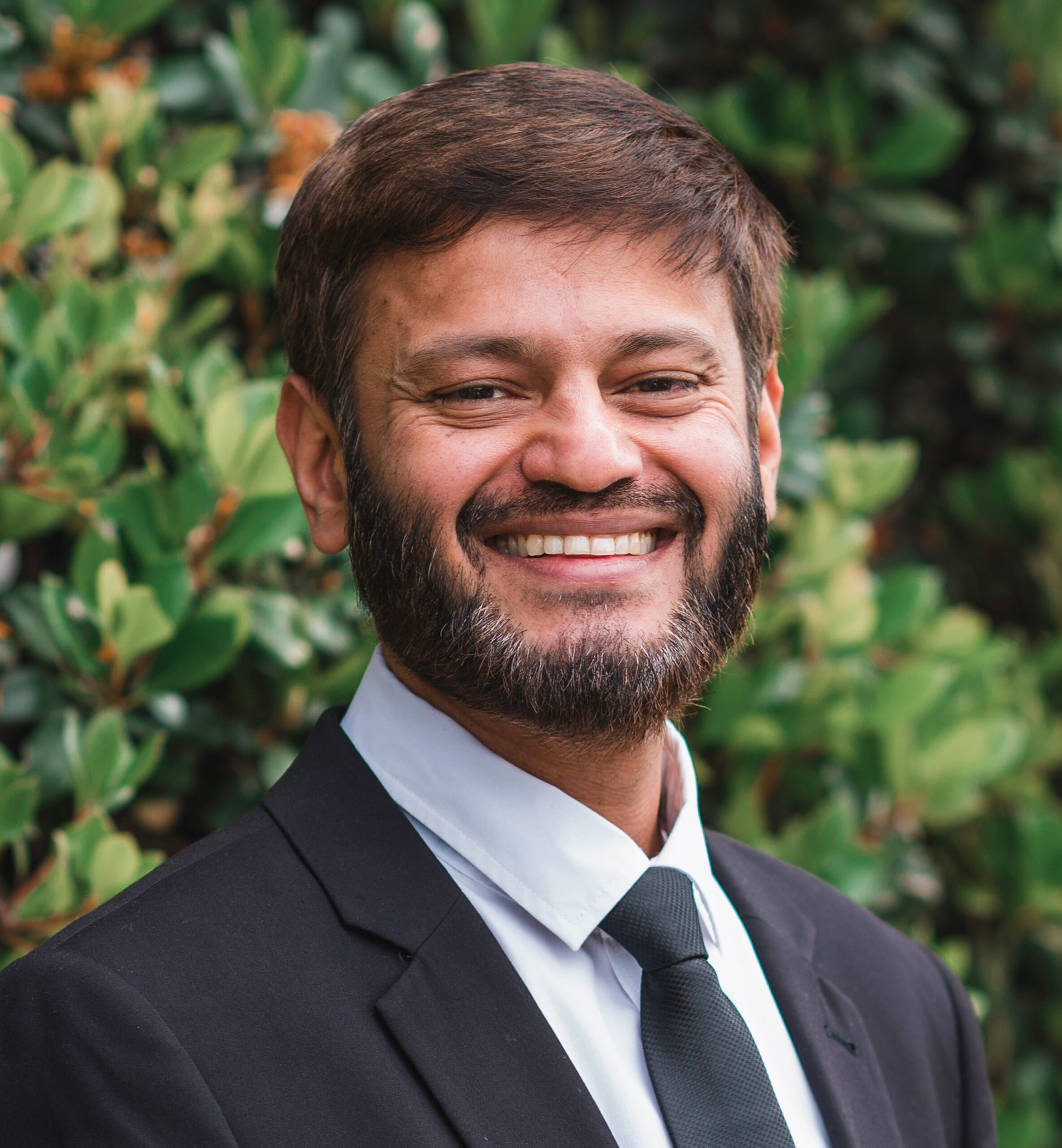
DIRECTOR AND MEDICAL LEAD | MBBS, DCH, FRACP, GCAD
As co-founder and senior paediatrician, Dr. Karande manages care for children with autism, ADHD, and behavioural concerns. He is ADOS‑2 trained and experienced in developmental paediatrics.

CONSULTANT PAEDIATRICIAN | MBBS, FRACP
Dr. Chawla is a general paediatrician who manages acute and chronic childhood conditions. Her interests include feeding issues, eczema, asthma, and developmental care.

DIRECTOR | BSc (Hons) Speech and Language Pathology
Claudia is a speech pathologist who works with children with speech, language, and communication needs through engaging, individualised sessions that build skills and confidence.

DIRECTOR | MClinPhysio (Curtin), BSc Physiotherapy
Simone, a paediatric physiotherapist, helps children build strength, balance, and coordination using fun, movement-based therapy to promote functional everyday development.
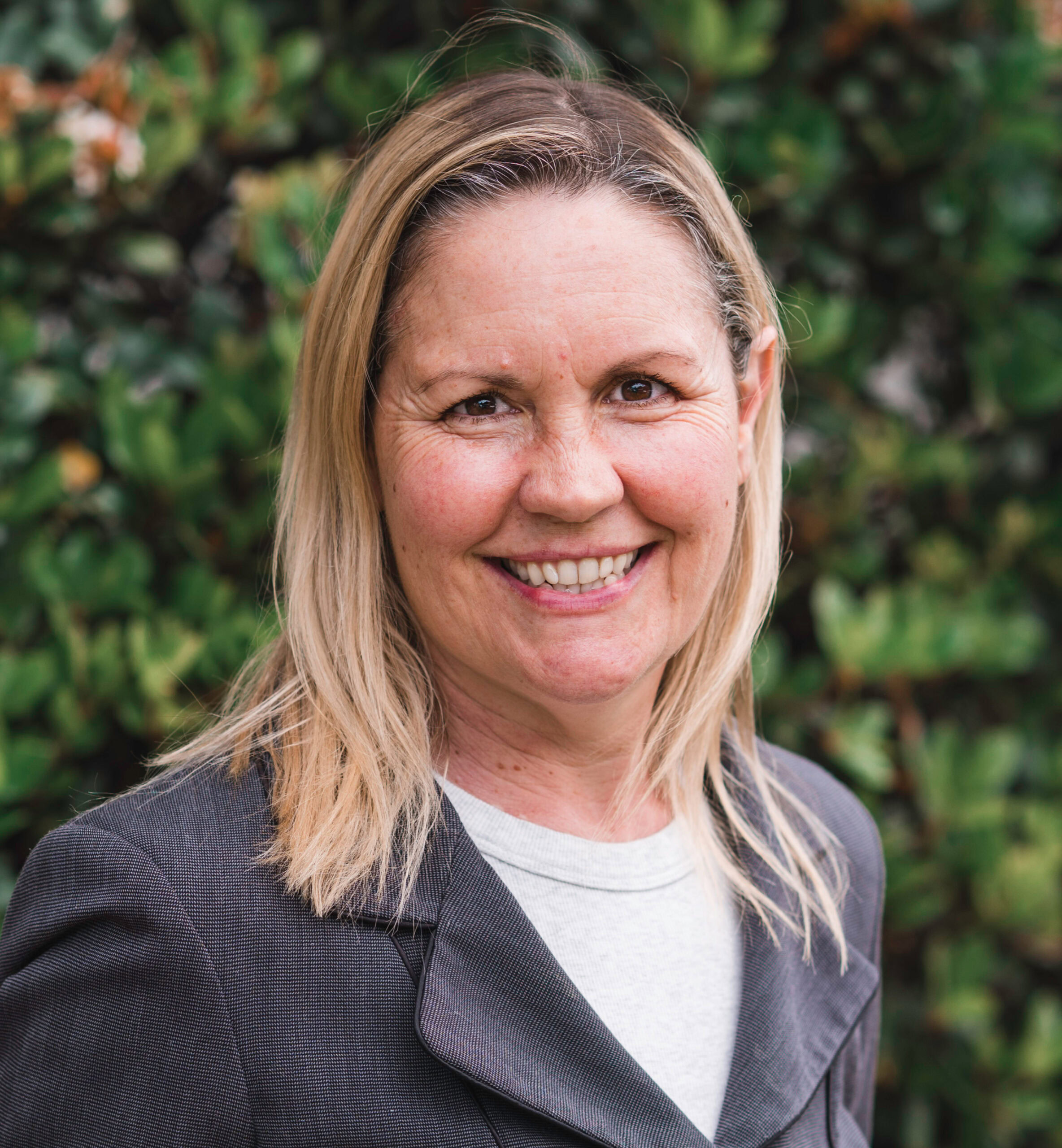
SPEECH PATHOLOGIST | BHLTHPROM, GRADDIPPSYCH, BSPPATH

PSYCHOLOGIST | BA SC (PSYCH), (HONS), MPSYCH
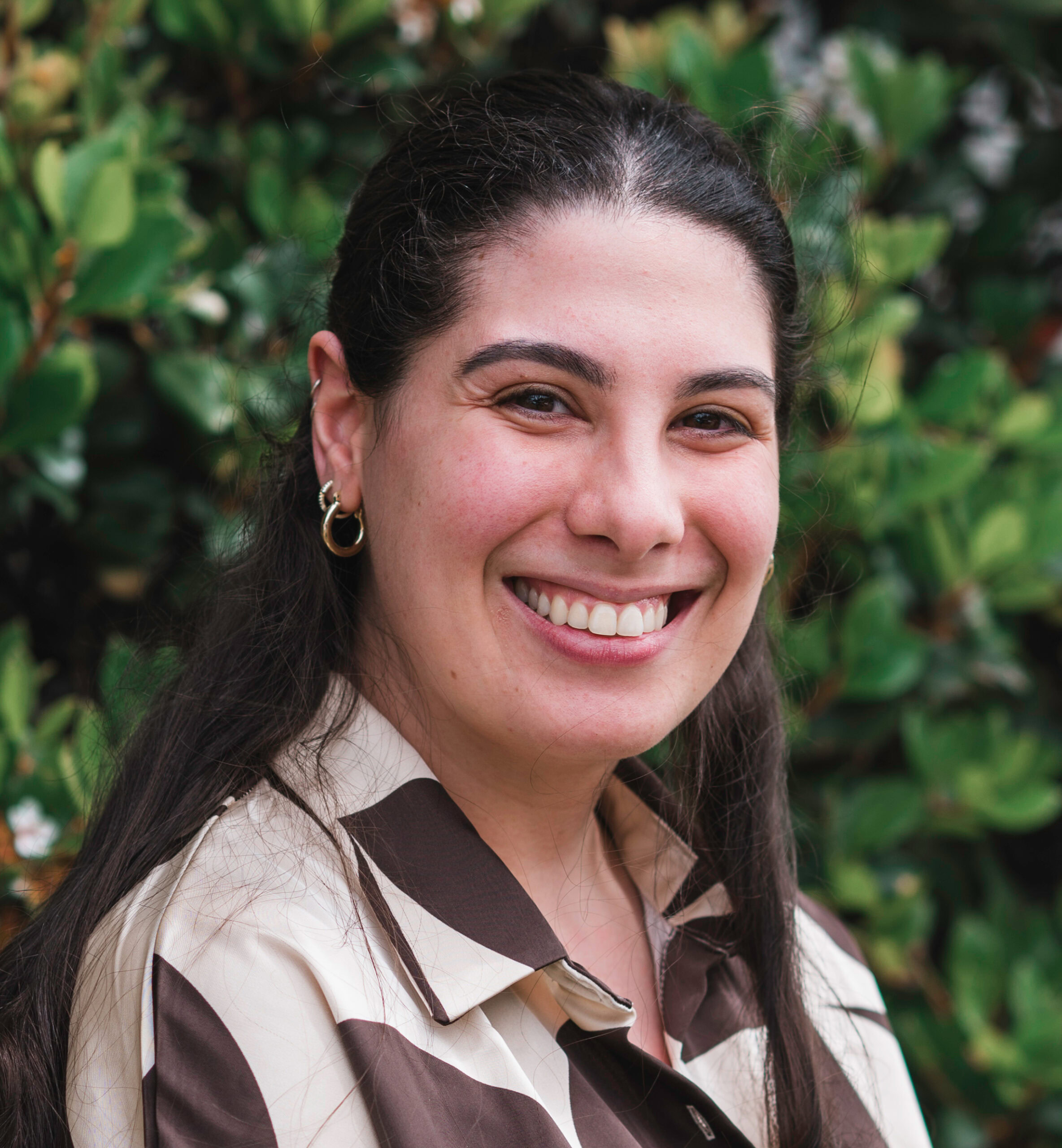
OCCUPATIONAL THERAPIST | BOccTher, BExSc
Jasmine Berlingeri has a background in exercise science and occupational therapy. She uses creative and supportive approaches to assist children in developing skills and strengthening family involvement in daily activities.
What Families Say About Their Perth CDC Experience
Parents often share that they feel supported, understood, and genuinely cared for. Their feedback reflects the strong, trusting relationships that have been built between families and our team.
Thank you Perth CDC for your kind and empathetic receptionist Hetal and wonderful, professional Dr Amruta Pendse for caring for my son. I am forever grateful for your guidance and support. I would highly recommend Perth CDC to any mother, parent, guardian or family.
Dr Karande made my child & myself feel very comfortable. We have had our initial session so far & he was thorough & did not rush us (even though we were late with traffic.. ) Also Hetal who runs the office was very kind & organised an appointment promptly.
Doctor Karande is an amazing Paediatrician I have never met anyone like him before. His caring and understanding, very thorough with his work. Will listen to your concerns and take every precautionary measure. I highly recommend Dr Karande to anyone who needs to see a paediatrician.
Dr Karande is a supportive and caring practitioner who has been a great support to our family from childhood and through teenage years. We couldn’t recommend Perth CDC more highly. Hetal has also been amazing in working through appointment requests and helping to make a sometimes stressful process, very easy.
This clinic have been amazing for my children’s assessments and appointments. Dr Karande really invests time to connect with the children and assess them genuinely. We have also seen Dr Pendse who has been very supportive and listens to the needs of my child, as well spending time to answer my questions and explain things clearly.
Perth CDC has been beyond amazing with my children. The care and compassion Indi and Hetal have shown us as a family is to the highest standard. I can not recommend Perth CDC enough and words can never express how much they have helped us. My children’s growth under their care has exceeded my expectations.
Highly, highly recommend Dr Kerande. What an exceptional paediatrician. We sought him out to assess my siblings to see if they have ADHD – he was not only thorough, but reassuring and well knowledged. He is also brilliant at building rapport with children. Cannot thank him enough and I don’t hesitate to recommend him to others. Thank you, Dr Kerande!
Dr Karande was very efficient and really took the time to listen to our concerns and we finally got a diagnosis.
Great service, patience and understanding from Hetal to Dr I. Karande. I know my son is in safe hands. Keep it up!!!
Dr Amruta Pendse has been empathic and thorough when helping my son and I with his ADHD diagnosis and treatment. Dr Amruta is very approachable and understanding and it’s great that I’m able to email with updates or concerns and receive a prompt response to my questions. Would highly recommend Dr Amruta Pendse and Perth CDC if your child is needing a paediatrician.
Dr Karande, Monika and Hetal are the most kind and caring group of people I’ve had the pleasure of working with for my daughter who has ASD and ADHD. The staff always make you feel welcome and ensure they provide the best care possible for your child. We have been coming to Perth CDC for 3 years and will continue to come here.
Thank you for the best experience! Could not fault paediatrician Indrajit S Karande. He was really friendly and made sure my husband and myself were able to spend moments after the birth with our son. He was thorough and made sure our baby was safe and healthy! It was such a nice experience. I highly recommend Perth CDC.
Frequently Asked Questions
If you’re exploring paediatric physiotherapy in Perth, these FAQs explain how it supports children’s development and what to expect.
What does a paediatric physiotherapist do?
A paediatric physiotherapist helps children develop the physical skills needed for daily activities—from early milestones, such as crawling, as well as more advanced tasks like running, climbing, and playing sports. They help support the development of strength, coordination, balance, and motor planning throughout childhood.
Here’s how they help:
- Assess physical and motor skills:
They evaluate how a child moves, including sitting, crawling, and walking, using age-appropriate developmental benchmarks. - Support children with developmental or neurological needs:
Physiotherapy assists children with developmental delays, low muscle tone, or conditions like cerebral palsy and Down syndrome. This may include physiotherapy for babies showing early movement concerns. - Develop personalised therapy plans:
Treatment is tailored to each child’s needs using guided movement, play-based activities, and practical home programs. - Assist with recovery after injury or surgery:
If a child has experienced an orthopaedic injury or procedure, physiotherapy helps restore strength, mobility, and confidence. - Promote participation in daily activities:
Improved movement and physical function support greater independence at school, during play, and in the community.
Physiotherapists at Perth CDC deliver evidence-based care in a supportive setting tailored to each child’s developmental stage and needs.
Why would a child need physiotherapy?
Children may benefit from physiotherapy for a variety of developmental, physical, or neurological concerns that affect their movement, growth, or participation in everyday activities.
- Delayed motor development:
Some children experience delays in achieving milestones like sitting, crawling, or walking. Physiotherapy for children can help improve movement patterns and promote age-appropriate development. - Muscle tone or joint concerns:
Children with low or high muscle tone may have difficulty with balance, coordination, or posture. A paediatric physiotherapist can assist in improving these areas through guided movement and strengthening. - Developmental conditions:
Children with conditions such as cerebral palsy, spina bifida, or Down syndrome may need continuous physiotherapy to support mobility and independence. - Orthopaedic injuries or surgery recovery:
Physiotherapy aids in recovery after fractures, muscle injuries, or surgeries by helping to restore strength, flexibility, and safe movement. - Movement and coordination support:
Some children struggle with clumsiness, frequent falls, or difficulty keeping up with peers in physical activities. Physiotherapy can build confidence and enhance motor skills.
If you’re concerned about your child’s physical development, speaking with a physiotherapist can help you better understand what support may be appropriate.
At what age should a child start physiotherapy?
There is no specific age requirement for physiotherapy. Children can start as early as a few weeks old if there are signs of developmental concerns. The timing depends on each child’s needs, not their age alone.
- Infants (0–12 months):
Babies may be referred for physiotherapy if there are concerns regarding head control, muscle tone, or delayed milestones, such as rolling over or sitting up without support. Early intervention physiotherapy can be especially beneficial during this stage. - Toddlers and preschoolers (1–5 years):
Children who are not walking, have frequent falls, or show signs of motor delay may benefit from physiotherapy to develop strength, balance, and coordination. - School-aged children and teens:
Older children may be referred for postural concerns, sports injuries, or movement difficulties that affect their participation in school or physical activities.
A paediatric physiotherapist will assess your child’s needs and recommend an approach based on their current level of development.
If you’re wondering when to see a physiotherapist for a child, contact the clinic directly to discuss their concerns.
What are common signs that a child may need physiotherapy?
Physiotherapy may be helpful when a child shows signs of difficulty with movement, balance, or physical development compared to typical milestones.
- Delayed gross motor milestones:
A child may not be rolling, sitting, crawling, or walking within the expected age range. This is one of the most common reasons for a referral to physiotherapy. - Frequent falls or poor balance:
Children who fall often or struggle with balance may benefit from therapy to improve coordination and stability. - Low or high muscle tone:
Signs may include floppy movements, difficulty holding a posture, or stiffness that limits mobility. - Unusual movement patterns:
Some children rely heavily on one side of the body, walk on their toes, or avoid certain movements. - Difficulty keeping up with peers:
A child may appear clumsy, avoid physical play, or fatigue quickly during activity. - Concerns from a health professional or parent:
If a GP, paediatrician, or parent is concerned about a child’s physical development, a paediatric physiotherapist can assess whether support is needed.
Early recognition of these signs can lead to timely support and better outcomes in physical development. Families seeking paediatric physiotherapy in Perth can contact us to discuss their child’s needs and explore the next steps.
What conditions can paediatric physiotherapy help with?
Paediatric physiotherapy can help children with a range of physical and neurological conditions that affect movement, coordination, or daily function. Rather than offering a one-size-fits-all approach, therapy is tailored to the child’s individual diagnosis, strengths, and goals.
- Cerebral palsy and neurological conditions:
Children with cerebral palsy, acquired brain injuries, or genetic disorders may benefit from therapy that helps improve posture, movement control, and participation in everyday tasks. - Developmental delays:
When children experience delays in reaching physical milestones, such as crawling, walking, or balancing, physiotherapy for children may help. It supports development by encouraging more coordinated and confident movement through targeted motor skill activities. - Musculoskeletal concerns:
Physiotherapy may support recovery after fractures, joint injuries, or surgeries, as well as help manage conditions like scoliosis. - Coordination and muscle tone disorders:
Conditions such as developmental coordination disorder (DCD) or hypotonia can make daily movement difficult. A paediatric physiotherapist can guide strengthening and movement-based activities to improve function. - Postural and gait issues:
If a child has trouble with posture, walking patterns, or alignment, therapy may help reduce strain and improve their comfort while moving.
Each child’s therapy plan is designed with their specific needs in mind, often incorporating play-based and functional tasks that encourage progress over time.
Knowing when to see a physiotherapist for a child can help identify support needs early, especially in children who are not meeting physical milestones.
How does physiotherapy support physical development?
Physiotherapy helps children develop the physical abilities they need to move confidently and participate in daily life. It focuses on building the strength, coordination, and control required for essential movement skills.
- Improves muscle strength and endurance:
Targeted exercises help children build strength in key muscle groups, supporting tasks like standing, walking, and climbing. - Develop gross motor skills:
Skills such as crawling, jumping, and running are developed through play-based activities tailored to the child’s age and abilities. - Enhances balance and coordination:
Many children benefit from therapy that improves body awareness and control, reducing the risk of falls and increasing confidence in movement. - Supports postural control:
Therapy can help children sit, stand, or move more comfortably by addressing alignment, muscle tone, and motor skills. - Encourages active participation:
By improving movement, physiotherapy supports a child’s ability to engage in play, school, and everyday routines more independently.
A paediatric physiotherapist tailors each session to the child’s current abilities and goals, promoting safe and steady progress in physical development.
What happens during a physiotherapy session for kids?
Physiotherapy sessions for children are designed to be interactive, goal-focused, and supportive of each child’s developmental stage. Sessions typically combine movement-based activities with guided exercises in a play-based environment.
- Assessment and observation:
The physiotherapist begins by observing how the child moves, such as sitting, standing, walking, or balancing, to understand their strengths and areas of difficulty. - Goal setting:
Goals are developed based on the child’s needs and may focus on improving coordination, posture, strength, or specific movement skills. - Therapeutic activities:
The session includes structured games and exercises tailored to the child’s age and ability. This may involve tasks such as climbing, crawling, balancing, or navigating obstacle courses. - Family involvement:
Parents or carers are often guided on activities that can be continued at home to reinforce therapy goals and maintain progress. - Monitoring and adjustment:
The physiotherapist tracks the child’s progress and adjusts activities as needed to maintain a suitable level of challenge and motivation.
Every physiotherapy session for children is personalised, helping encourage physical development in a way that feels fun, safe, and achievable.
Is early intervention physiotherapy more effective?
Early intervention can be valuable when concerns about a child’s movement or physical development are identified. While outcomes vary for each child, starting physiotherapy early may help address delays before they impact everyday activities.
- Supports timely development:
Beginning therapy in the early years may assist with developing movement patterns, strength, and coordination while a child’s body and brain are rapidly growing. - May reduce the risk of further delay:
Addressing physical challenges early can help minimise the risk of secondary issues, such as poor posture or reduced mobility. - Builds confidence:
Children often feel more comfortable participating in play, school, or group activities when their physical skills improve with guided support. - Provides families with tools and education:
Early sessions include guidance on how to promote physical development through everyday home routines.
A children’s physiotherapist can assess whether early intervention is suitable based on your child’s movement, medical background, and developmental needs.
How can physiotherapy help with muscle tone and posture?
Children with altered muscle tone, either low (hypotonia) or high (hypertonia), may find it difficult to sit upright, stay balanced, or move smoothly.
Physiotherapy for children can assist by enhancing strength, coordination, and body awareness through targeted activities.
- Targets muscle strength and flexibility:
Therapy involves exercises that activate weaker muscles, promoting overall muscle strength and flexibility. It also focuses on stretching areas where tightness may limit movement. - Supports core stability and posture:
A stronger core helps children maintain a stable sitting and standing position. Sessions include guided activities that build postural control over time. - Improves balance and endurance:
Some children tire quickly or seem unsteady during movement. Physiotherapy introduces exercises that gradually build balance and physical stamina. - Encourages functional movement:
Play-based therapy promotes movements used in daily life. This may include climbing stairs, getting up from the floor, or reaching for toys.
If you have concerns about your child’s posture or muscle tone, a therapist can assess their progress. They offer guidance based on the physical development of children.
What role does physiotherapy play in managing neurological conditions?
Physiotherapy supports children with neurological conditions by helping improve movement, posture, and participation in daily life.
- Improves functional mobility:
Children with conditions like cerebral palsy or brain injury may learn to move more confidently through repetitive, guided exercises. Physiotherapy for developmental delay can assist with sitting, balance, or walking. - Supports muscle tone and posture:
Therapy helps manage tightness, low tone, or stiffness that affects how a child holds or moves their body. - Encourages everyday independence:
Sessions may focus on skills that help children take part in school, play, or daily routines with more confidence. - Provides ongoing management:
For long-term conditions, a physiotherapist adjusts the therapy plan over time to maintain comfort and function.
A paediatric physiotherapist works with families to guide movement and track progress.
Does physiotherapy include home exercises?
Yes, home-based activities are often an important part of a child’s physiotherapy program. These exercises help reinforce the skills learned during sessions and allow continued progress between appointments.
- Extends therapy beyond the clinic:
Home exercises allow families to continue working on specific goals in familiar settings. This promotes consistency and helps strengthen new movement patterns. - Supports physical development in children:
Practising key movements at home, such as crawling, balance, or coordination, can enhance progress made during sessions. - Tailored to the child’s needs:
A physiotherapist provides exercises based on the child’s age, abilities, and therapy goals. This may include gentle stretches, strengthening exercises, or balance activities. - Empowers families:
Parents and carers are shown how to complete exercises safely. This encourages involvement in the therapy process and helps build confidence at home.
At our Perth physiotherapy clinic, home exercise plans are customised to complement in-clinic care and support physiotherapy for developmental delay in everyday routines.
Is physiotherapy covered by Medicare or NDIS?
Yes. Some physiotherapy services may be partially funded through Medicare or included in a child’s NDIS plan, depending on their individual needs and referral pathway.
- Medicare funding:
Children with a chronic condition may be eligible for Medicare support under a Chronic Disease Management (CDM) Plan. This plan must be arranged through a GP and provides access to a set number of physiotherapy sessions per year. - NDIS support:
Children with developmental delays or disabilities may access physiotherapy through their NDIS plan. Assistance may be available for children who need help with mobility, posture, or gross motor skills support. - Clinic-specific information:
Each provider has different payment processes. Our Perth physiotherapy clinic can explain how funding works and help families understand their options. - When to see a physiotherapist for a child:
A GP or paediatrician can help you decide whether your child qualifies for Medicare or NDIS support and whether physiotherapy is appropriate at their current stage of development.
Accessing paediatric physiotherapy in Perth may be supported through public or private funding, depending on your child’s eligibility and needs.
How long does a typical paediatric physiotherapy program last?
The duration of a child’s physiotherapy program depends on their individual needs, goals, and how they respond to therapy. Progress varies from child to child.
- Short-term therapy:
Some children attend only a few sessions. This may be suitable for addressing specific concerns, such as posture, movement recovery, or those who require early gross motor skills support. - Long-term care:
Children with developmental or neurological conditions may benefit from regular sessions over an extended period of time. The frequency and length of therapy are adjusted as goals are achieved. - Ongoing review:
A physiotherapist regularly monitors progress. The plan may be continued, paused, or updated based on the child’s stage of development. - Family participation:
Involving families through home-based activities helps maintain progress between visits. This can promote better outcomes and build confidence in daily routines.
At our Perth physiotherapy clinic, each child’s therapy is tailored to their individual goals and regularly reviewed throughout their care.
Can a physiotherapist help after an injury or surgery?
Yes. Physiotherapy can support a child’s recovery after injuries such as fractures, sprains, or orthopaedic surgery. Therapy is tailored to help children regain strength, mobility, and confidence during healing.
- Supports safe recovery:
A physiotherapist guides gentle movement to reduce stiffness, rebuild strength, and prevent re-injury as the body heals. - Restores functional movement:
Therapy may focus on activities such as walking, climbing stairs, or returning to play. These tasks help restore everyday movement and confidence. - Monitors progress and adjusts activities:
Each child’s therapy plan is updated based on their response to exercises and the regain of function over time. - Includes movement and coordination support:
Injury can sometimes affect how smoothly a child moves. Therapy addresses these issues through targeted exercises to improve balance and control.
A paediatric physiotherapist collaborates closely with families to set practical therapy goals and monitor improvements over time. Some children may also begin early intervention physiotherapy after orthopaedic procedures to support better long-term outcomes.
What qualifications do paediatric physiotherapists have?
Paediatric physiotherapists are university-qualified health professionals who focus on helping children improve their movement, strength, and motor skills.
- Recognised education:
All physiotherapists complete an accredited degree in physiotherapy and are registered with the Australian Health Practitioner Regulation Agency (AHPRA). - Training in child development:
Some have additional training or experience related to child growth, neurological conditions, and developmental delays. This background supports care for babies, toddlers, and older children. - Experience across age groups:
A paediatric physiotherapist is qualified to provide care from infancy through adolescence. This includes physiotherapy for babies who may exhibit early signs of developmental delays. - Evidence-informed practice:
Physiotherapists take part in continuous learning to keep their approach aligned with current knowledge and research.
These qualifications enable safe, developmentally appropriate care tailored to each child’s needs.
Book a Visit to Support Your Child’s Growth
Book a visit at Perth CDC to access coordinated care in one location. Our clinicians provide each child with collaborative and well-planned support tailored to their individual needs.
